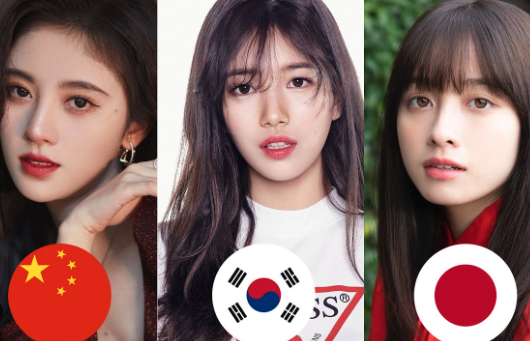What are the differences between marrying a Chinese, Korean, or Japanese woman?

Exploring the Differences: Marrying Chinese, Korean, and Japanese Women

When it comes to relationships and marriage, cultural differences play a significant role in shaping the dynamics and expectations. Let’s delve into the distinct characteristics and nuances associated with marrying Chinese, Korean, and Japanese women.
Chinese Women: Strength and Independence
Chinese women are often admired for their strength, independence, and assertiveness. They are perceived as equal partners in a marriage, with a strong sense of self and wisdom. While Chinese men may have affairs, there’s a clear distinction between a wife and a concubine. Chinese wives command respect and are valued for their inner beauty and resilience.
Korean Women: Gentleness and Traditional Values
Korean women are known for their gentleness, warmth, and devotion to their husbands. Traditional Korean culture emphasizes the role of women in nurturing their families and treating their husbands like kings. However, Korean women are selective in choosing partners who can provide for them financially. Despite societal pressures, they may struggle with personal growth and career opportunities.

Japanese Women: Whimsical Charm and Modernity
Japanese women exude a whimsical charm and playful demeanor, coupled with a modern and cosmopolitan lifestyle. They are meticulous about order and cleanliness, reflecting their disciplined approach to life. While Japanese women may appear carefree, they are equally business-like and competitive in pursuing their goals.
The Ideal Asian American Woman: A Fusion of Traits
An ideal Asian American woman embodies a blend of these cultural traits, combining strength, gentleness, and modernity. She represents the epitome of the American dream, with a rich cultural heritage and a resilient spirit. While she may face challenges and stereotypes, she shines as a beacon of diversity and empowerment.
Considerations for Marriage
Marriage to a Chinese, Korean, or Japanese woman comes with its unique set of considerations. Cultural norms, societal expectations, and personal values shape the dynamics of relationships. Factors such as language proficiency, geographical location, and cultural integration play pivotal roles in fostering a successful marriage.

Conclusion
Marrying a Chinese, Korean, or Japanese woman offers a glimpse into diverse cultures and traditions. While each culture brings its own strengths and challenges, love and understanding form the foundation of a lasting relationship. Embracing cultural differences and respecting individual identities enriches the marital journey, creating a tapestry of shared experiences and mutual growth.

